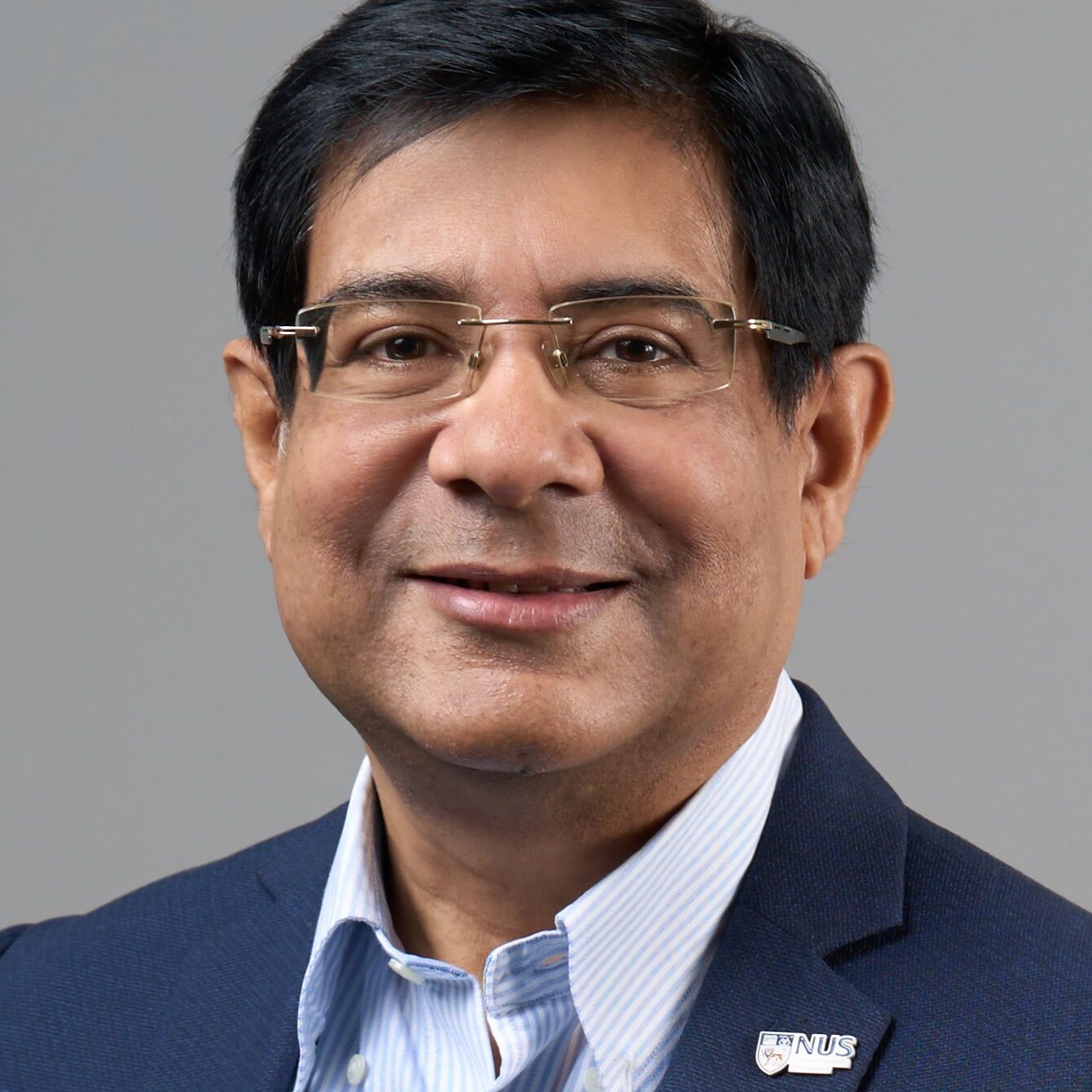
Assoc. Prof. Sanjay Swarup,
NERI and Department of Biological Sciences
Faculty of Science
National University of Singapore
Nature-based Solutions for a Carbon Dense Ecosystem
About the Talk
Southeast Asia is home to some of the world's most carbon-dense ecosystems, with its peatlands covering 25 million hectares and holding an astonishing 77% of peat carbon stocks in the tropics. However, 94% of these peatlands have degraded since the 1980s due to deforestation, drainage, and fires, leading to high carbon emissions, biodiversity losses, and land subsidence. The Integrated Tropical Peatland Research Program (INTPREP) addresses these challenges through science-based solutions for peatland restoration, engaging diverse stakeholders. Our research highlights complex relationships between water table management, greenhouse gas emissions, and revegetation, emphasizing the need for careful calibration. We also reveal relationships that underpin inland-canal connectivity and recovery from fire disturbances, providing management handles. Our approach acknowledges the interconnectedness of natural systems, essential for addressing environmental challenges. By sharing our findings, we aim to inform effective management and conservation strategies, ensuring the long-term sustainability of these critical ecosystems.
About the speaker:
Assoc. Prof. Sanjay Swarup is an agriculture and environmental biologist. He graduated from the Indian Agricultural Research Institute, India with BSc and MSc degrees in Genetics and subsequently received his PhD degrees in Plant Pathology from the University of Florida, USA and in Genetics & Plant Breeding from the Indian Agricultural Research Institute, India, respectively. His group studies the ecology of mixed microbial communities or microbiomes in the environment and agriculture from genes to ecosystems level scales. Prof. Swarup’s team has been working extensively in understanding the land-water-air (emissions)-plants in urban greening, water and food security contexts, both in Singapore and in other continents with extensive collaborations. His focus is to determine mechanistic basis of ecosystem functioning to provide translational tools for sustainable solutions. These approaches have been adapted and applied for the restoration of carbon dense ecosystems in Indonesia.
